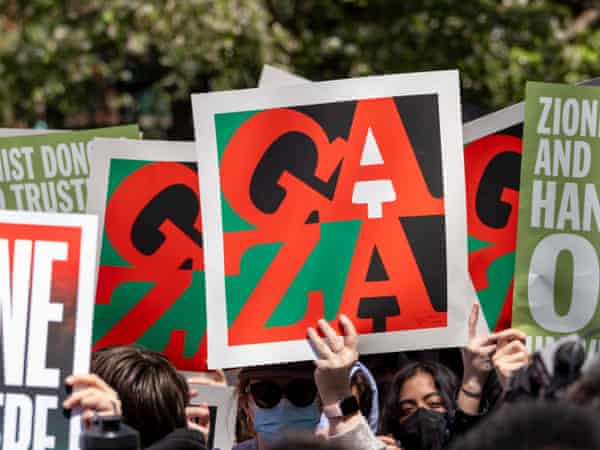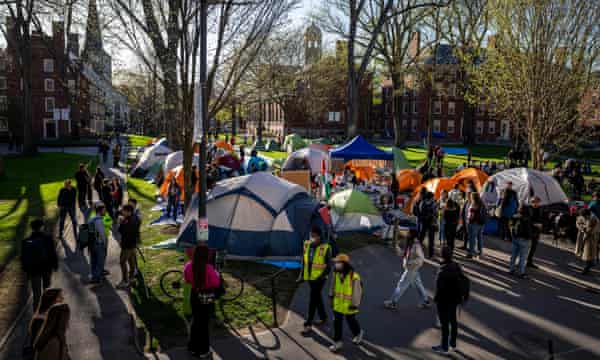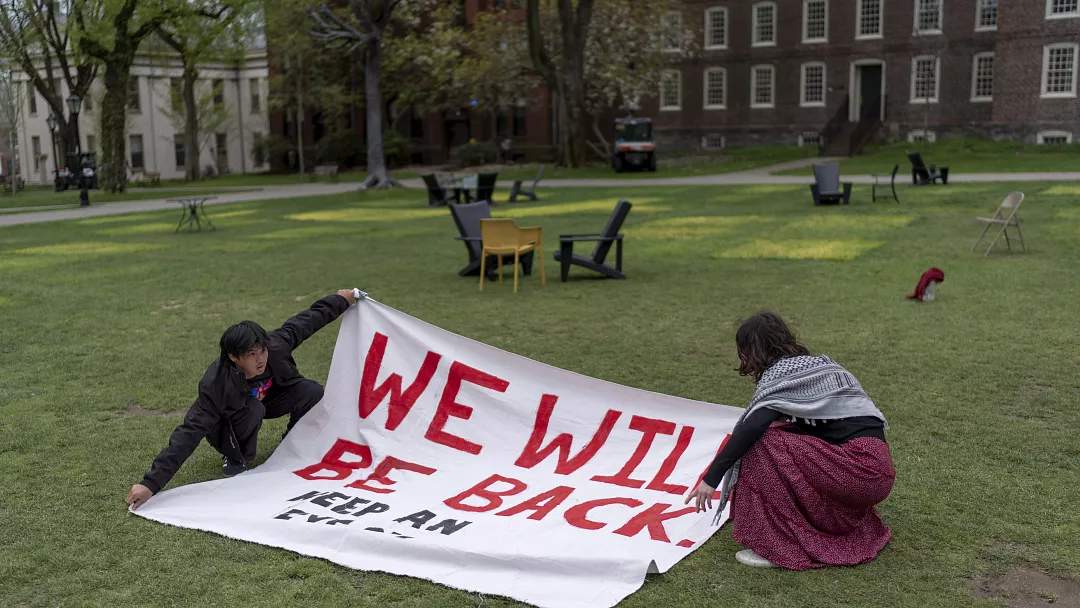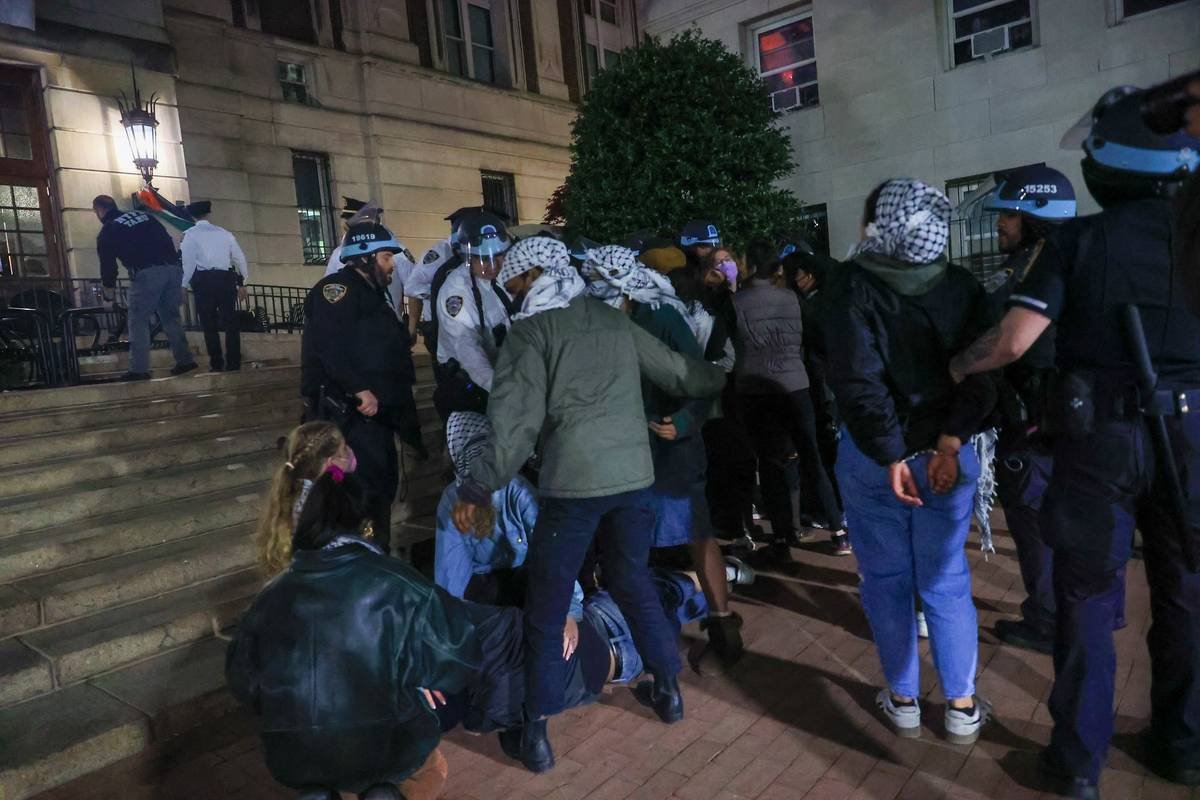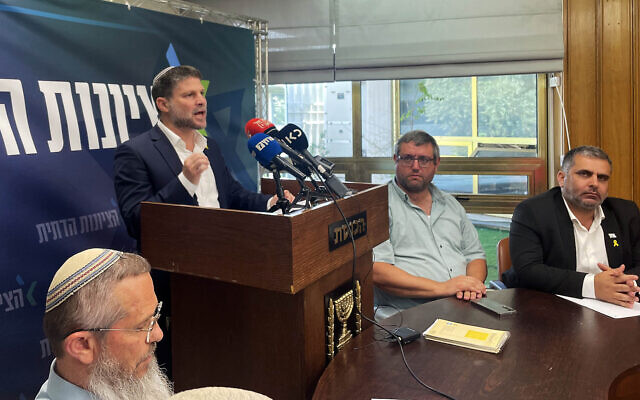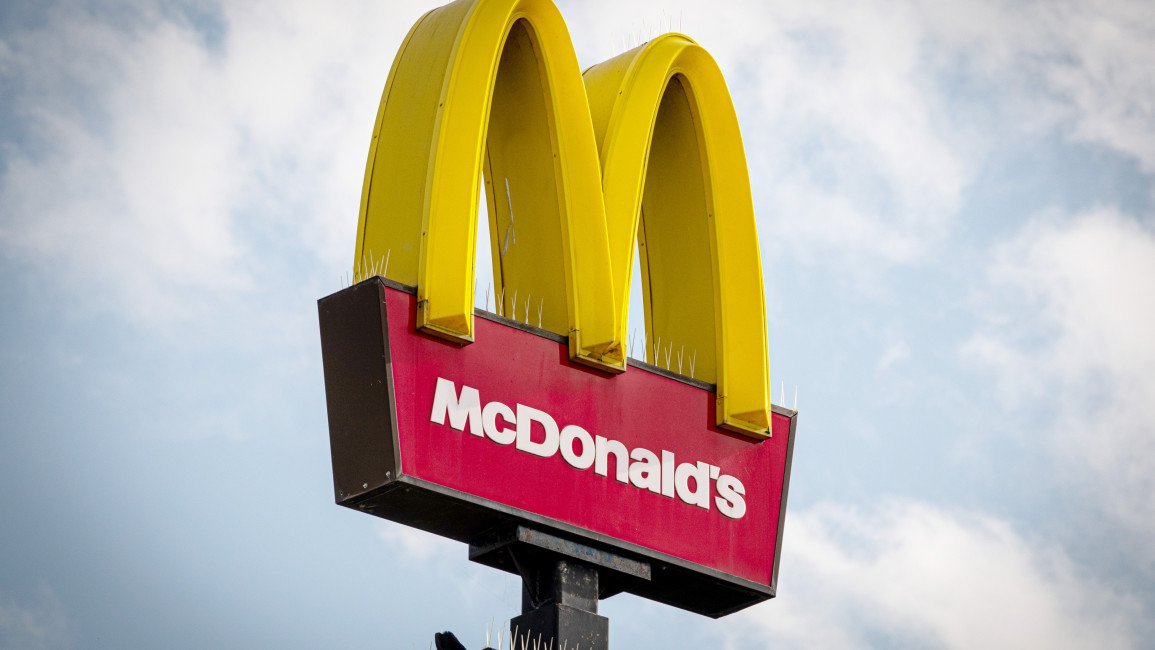
America’s new generation of student protesters is giving hope to Palestinians
Fareed Taamallah
Late on Tuesday evening the head of Columbia University sent in the New York Police Department to violently clear an occupation of university buildings where students were protesting US support for Israel’s genocide in Gaza.
This is the latest twist in an unprecedented rise in student demonstrations across American universities in support of justice in Palestine and demanding an end to the Israeli occupation.
The wave of student protests is taking place in prestigious American universities including Columbia, Brown, Yale, Harvard, Massachusetts Institute of Technology, New York University, University of Minnesota, University of Texas at Austin, UCLA, and many others across the country.
Scores of students have been arrested. US House speaker Mike Johnson suggested calling in the National Guard.
Students at Columbia occupied an academic building, renaming Hamilton Hall (after the former US president and enslaver) to Hind’s Hall after Hind Rajab, the five-year-old Palestinian girl who was found dead in February, two weeks after pleading for help and being trapped for days under Israeli fire. The last time the building was taken over was in 1968 by students protesting against the Vietnam War.
Palestinians in the occupied territories are following with great interest the “Student Intifada” across US campuses, where students are demanding their universities divest from companies that contribute to or profit from the Israeli occupation and ongoing genocide in Gaza.
Palestinian university students who witness similar oppression by Israeli forces on a daily basis are horrified by the scenes of repression and violent attacks on these students by US police forces. The same goes for the verbal attacks from American politicians, who accuse them of fuelling hatred and “antisemitism”.
I am the father of two university students. The younger one studies at a Palestinian university in the West Bank and she is exposed daily to the harassment and abuses of the occupation. The older one studies at an American university in the US, where I mistakenly believed he would be safe from such oppressive policies.
While I worry about the future of my children and their colleagues both in Palestine and the US, I am proud of their efforts and am in solidarity with the brave university students.
A new generation
What is happening at these universities gives Palestinians great moral support amid escalating Israeli aggression.
This responsive young generation has gained a deeper understanding of the issue through social media
It further inspires hope that the protests are an indication of the emergence of a new generation that does not believe the Zionist narrative or receive its information from mainstream media outlets in the West.
Rather, this responsive young generation has gained a deeper understanding of the issue through social media and, as a result, can see the truth and form an opinion independent of its predecessors.
It may be too early to tell whether these protests will lead directly to the end of the Israeli occupation and the cessation of continued US support for Israel. However, the determination and political commitment of the students may signal future changes in American foreign policy.
In the mid- and long-term, the hope is that these young individuals will someday hold influential positions, especially as many of the protesting students’ families are among the political, economic, and academic ruling class in the US. And perhaps by influencing their families, their impact might be immediate.
The political elites in the US have long demanded and promoted themselves as the custodians of private, academic, and political freedoms worldwide, especially freedom of expression and freedom to assemble and demonstrate. However, they have failed miserably in upholding these claims, showing their true faces when it comes to criticism of Israel.
These ruling elites have instead demonised the demonstrations, starting with US President Joe Biden, passing through the speaker and members of the US House of Representatives as well as some major financiers and mainstream media. They accused the demonstrators of demagoguery, hatred, and antisemitism, the ready-made accusation against anyone who opposes Israeli policies.
Israeli Prime Minister Benjamin Netanyahu condemned the pro-Palestinian protests at universities in the US as “horrific”, labelling the student protesters “antisemitic” and insisting that the demonstrations “have to be stopped”.
What makes this charge particularly ridiculous and empty is the fact that a significant number of the student demonstrators are Jewish anti-war activists, along with their Black, Latino, Asian, white, Arab, and Muslim colleagues. Observers will not fail to notice the diversity of ethnic and religious communities showing up for Palestine at every protest, which is not limited to Muslims and Arabs only.
Profound changes
Perhaps the million-dollar question is whether the repression and continued arrest of students around the country will threaten this movement or instead contribute to its growing popularity and expansion.
To answer this question, we may point to similar demonstrations that American universities witnessed in the late 1960s against the Vietnam War, which American security forces tried to suppress with overwhelming force.
However, the suppression led to the demonstrations increasing in momentum and expanding in scope until the war ended. Likewise, the demonstrations that took place in American universities in the 1980s against the apartheid regime in South Africa did not stop until the US government was forced to end its support and the racist system fell.
Perhaps the violent repression against the students that US police, politicians, and university administrators are supporting will have the opposite effect and embolden the students further rather than silence them.
The calls for freedom, justice, and an end to the genocide and occupation in Palestine will reverberate across all American universities. Indeed, the number of Gaza encampments increased exponentially not just in the US but around the world after Columbia University President Nemat Shafik summoned the police to the campus to disperse the protesters by force.
This led to a domino effect of solidarity at many other universities.
We understand the anger of the peaceful student protesters accused of ‘terrorism’ only because they dared call for freedom and an end to the occupation
We, as Palestinians who have suffered from the scourge and oppression of the occupation, are more than aware of the natural reaction against persecution. We understand the anger of the peaceful student protesters accused of “terrorism” only because they dared call for freedom and an end to the occupation.
We raise our hats out of respect for them, as these protests in the universities and streets of the western world and the Global South keep the flame of hope burning in the souls of our people who long for freedom and justice.
These protests indicate profound, radical changes that separate an ageing American generation that blindly supports Israel and a new generation that promotes justice in Palestine and demands an end to the Israeli occupation and to the war on Gaza.
They represent the future of America and its bright face, the emergence of which we have long awaited.
The views expressed in this article belong to the author and do not necessarily reflect the editorial policy of Middle East Eye.





